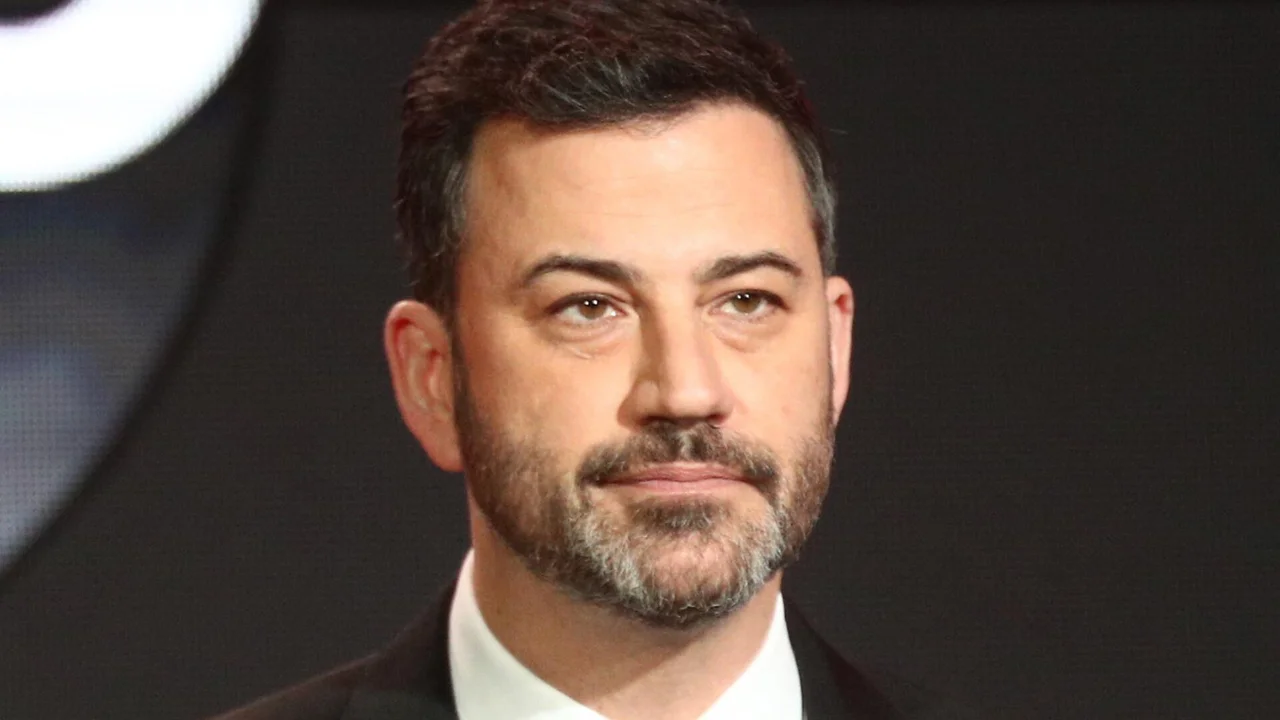A major late-night shift is unfolding in U.S. television, involving Jimmy Kimmel Live!, ABC, large affiliate broadcasters, and the Federal Communications Commission (FCC). After ABC lifted its suspension of the show, two powerful affiliate groups—Nexstar and Sinclair—refused to air the return on many of their stations. Here’s what’s going on, why it matters, and what could come next.
What’s Happened So Far
- Jimmy Kimmel Live! was suspended by ABC after the host made controversial remarks during a monologue about the assassination of conservative activist Charlie Kirk. Those comments included speculation about the political affiliations of the accused, which drew criticism from conservative figures and triggered public backlash.
- The FCC Chair publicly warned broadcasters that airing the show could risk regulatory penalties.
- Despite ABC announcing that Jimmy Kimmel Live! would return to its lineup, Nexstar Media and Sinclair Broadcasting—each owning many ABC affiliate stations—said they won’t carry the show. These affiliates control over 25% of all ABC-affiliated stations, meaning a substantial portion of viewers will not see the show on local broadcast television.
- Nexstar and Sinclair explained they will air alternative content instead—often local news or other programming—while they assess the situation and await what they describe as “assurances of respectful, constructive discourse.”
Why This Matters
- Media and Regulatory Pressure: This is a high-profile example of the tension between creative speech (especially in late-night comedy) and regulatory/regulation-adjacent bodies like the FCC.
- Affiliates’ Leverage: Although Jimmy Kimmel Live! is produced by ABC/Disney, affiliates have independent power because they control whether the show is broadcast in their markets. Their refusal to air the show demonstrates how affiliates can assert influence, especially when paired with regulatory pressure.
- Free Speech & Censorship Debate: Critics argue that this move raises concerns about censorship and the chilling effects when regulatory bodies hint at consequences for content. Others believe that broadcasters have a responsibility to avoid content which they consider misleading or divisive.
What To Keep An Eye On
- Viewer Access & Streaming vs Broadcast: Even in markets where the show is preempted, many viewers will still have access through streaming platforms owned by the parent company. This divergence between broadcast and streaming distribution may grow more common.
- Possible Conditions for Resumption: Affiliates like Nexstar and Sinclair might demand formal apologies, clarifications, or policy shifts before agreeing to resume airing the show.
- Regulatory Fallout: Will the FCC take further action? Could license renewals or fines become part of the discussion?
- Political Backlash & Public Opinion: How audiences, lawmakers, and advocacy groups will respond could influence how all parties position themselves.
Final Take
The refusal by key ABC affiliates to air Jimmy Kimmel Live! highlights how media content, regulatory concerns, and corporate decision-making intersect in today’s polarized climate. For viewers in many parts of the U.S., the show’s return will remain out of reach on local TV—at least for now. But its presence online and on streaming means the discussion around speech and responsibility in broadcast media is far from over.
















Leave a Reply